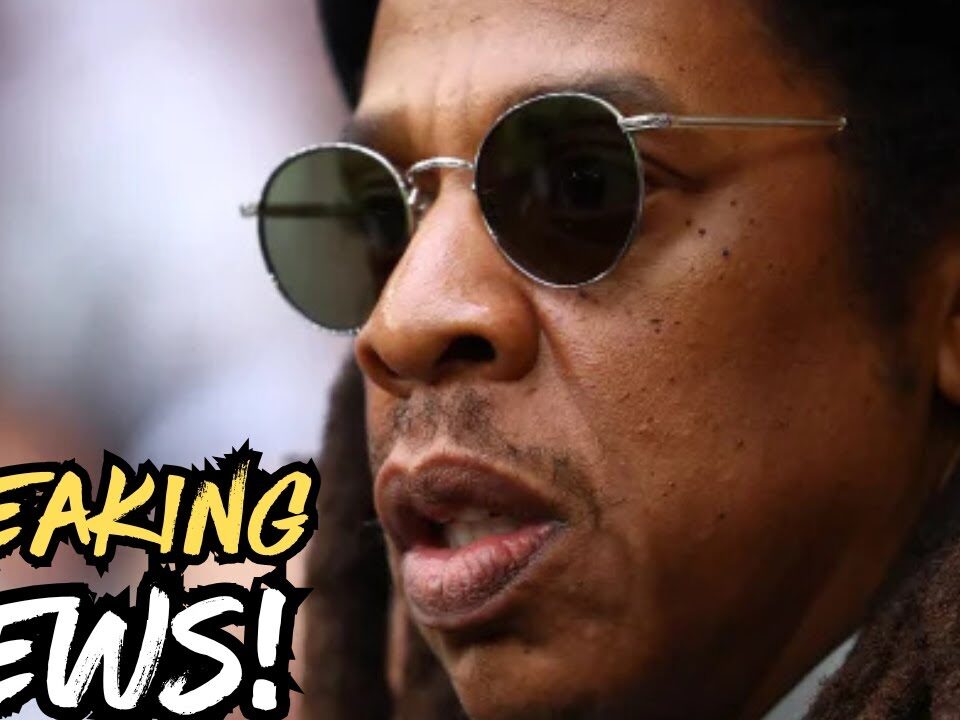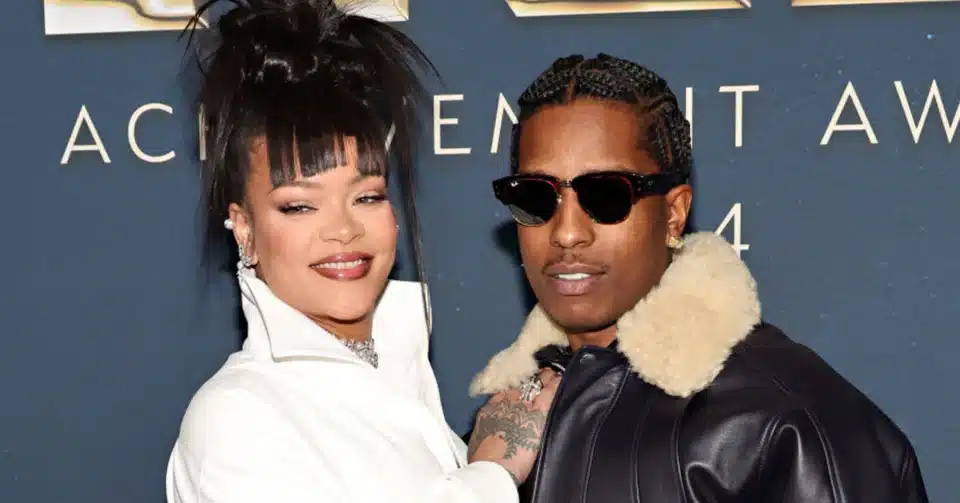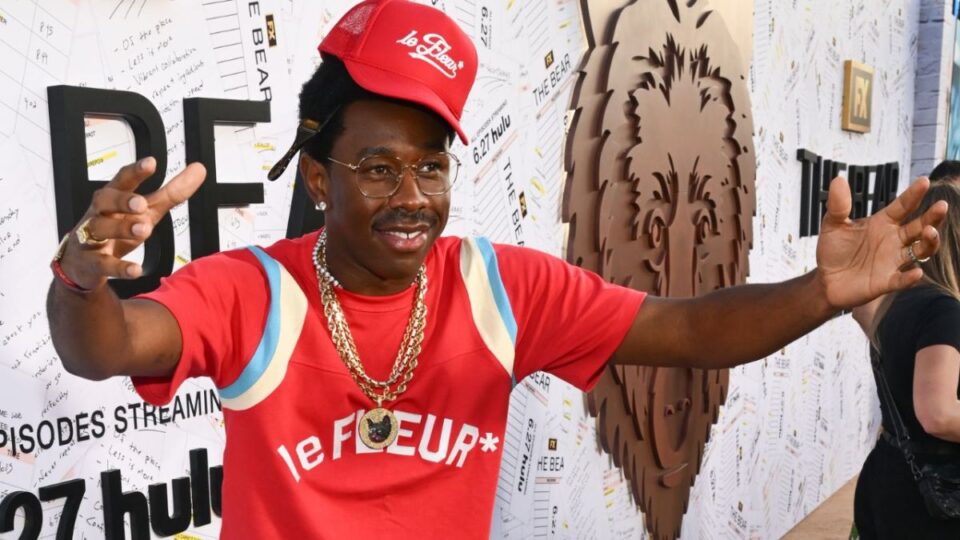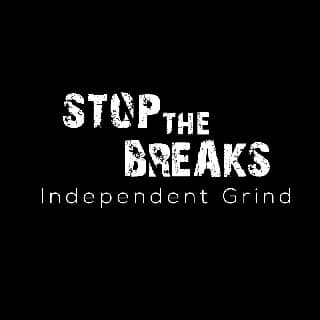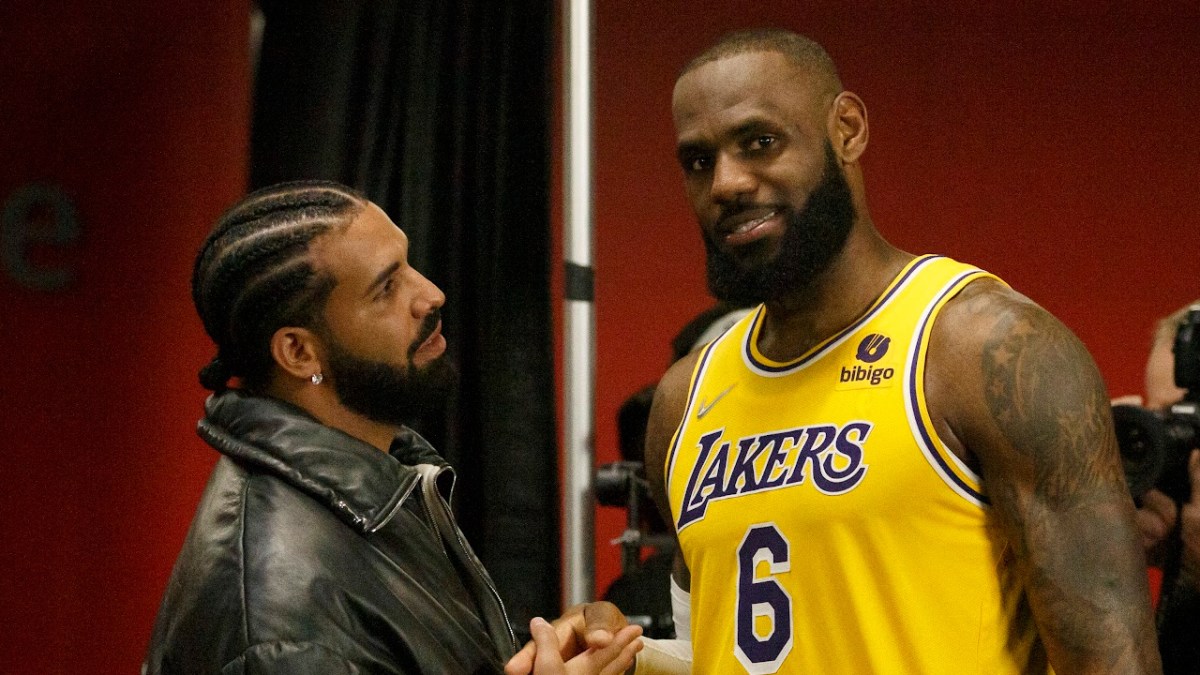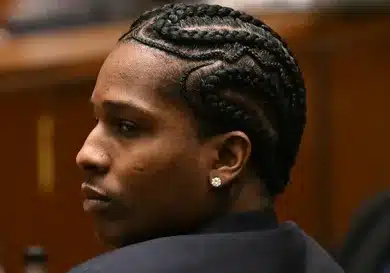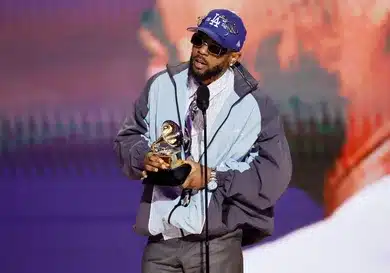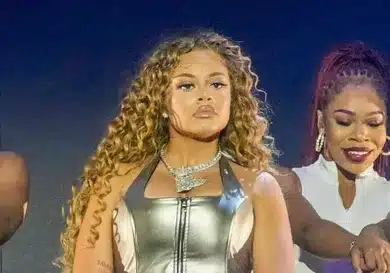A storm is brewing in the world of music and entertainment. Jay-Z, a renowned rapper and entrepreneur, is facing a civil lawsuit accusing him of a serious crime. The news broke on a Sunday evening, sending shockwaves across social media and among fans worldwide.
The details of the accusation are as disturbing as they are unexpected. Jay-Z, whose real name is Sean Carter, is alleged to have been involved in a heinous act back in 2000. According to the lawsuit, an anonymous accuser, identified as Jane Doe, claims the assault took place following the MTV Video Music Awards after-party.
The lawsuit, initially filed in October, was refiled to include Carter after initially listing Shawn ‘Diddy’ Combs as a defendant. Doe alleges she was taken to an after-party where, horrifyingly, she says she was assaulted by both Carter and Combs.
Accusations like these are serious, and the discourse surrounding them is filled with heated debate. While some lay their skepticism on the uncertainty and timing of the allegations, others emphasize the gravity of the accusations and the need for justice.
Carter has responded emphatically, dismissing the lawsuit as an attempt to extract money from the wealthy under the threat of public disgrace. In a statement, he condemned the lawyer behind the lawsuit, urging for criminal rather than civil prosecution if the accusations were true.
The events as described in the lawsuit involve a 13-year-old girl being driven to an adult party where illicit substances and alcohol were present. The narrative further paints a picture of coercion and intimidation, with Jane Doe forced to sign a non-disclosure agreement before entering.
The legal representatives for Combs have similarly described the lawsuit as a shameless publicity attempt, designed to leverage their celebrity status. Yet, against this backdrop, the accuser is seeking unspecified damages under New York’s gender-motivated violence protection laws.
The implications of such allegations are profound, especially for figures as public as Jay-Z and Diddy. While legal battles are fought in courtrooms, public opinion sways in forums and comment sections around the internet.
Some audience members express disbelief, commenting on the improbability of the stories, while others reflect on the power dynamics and the layers of influence involved in celebrity circles.
As opinions continue to echo across social media platforms, the potential fallout from these allegations on Jay-Z’s career and reputation is a topic of intense conjecture. Would such a high-profile name withstand the ongoing scrutiny unscathed?
Many followers discuss the broader implications, wondering about the potential domino effect on Jay-Z’s position in the music industry and his broader public image.
The unfolding developments are generating a dialogue on the responsibility of media and legal systems to resolve these cases justly, ensuring truth and accountability are upheld without succumbing to sensationalism or bias.
While the story is unsettling, it highlights the complexities intertwined in legal battles involving high-profile individuals, challenging societies to grapple with issues of justice, accountability, and reputation.
As the situation develops, one thing is certain: the court of public opinion is already in session, and its verdict may be as impactful as any legal outcome. For now, all eyes remain on the courtroom, waiting to see how this gripping narrative unfolds.
